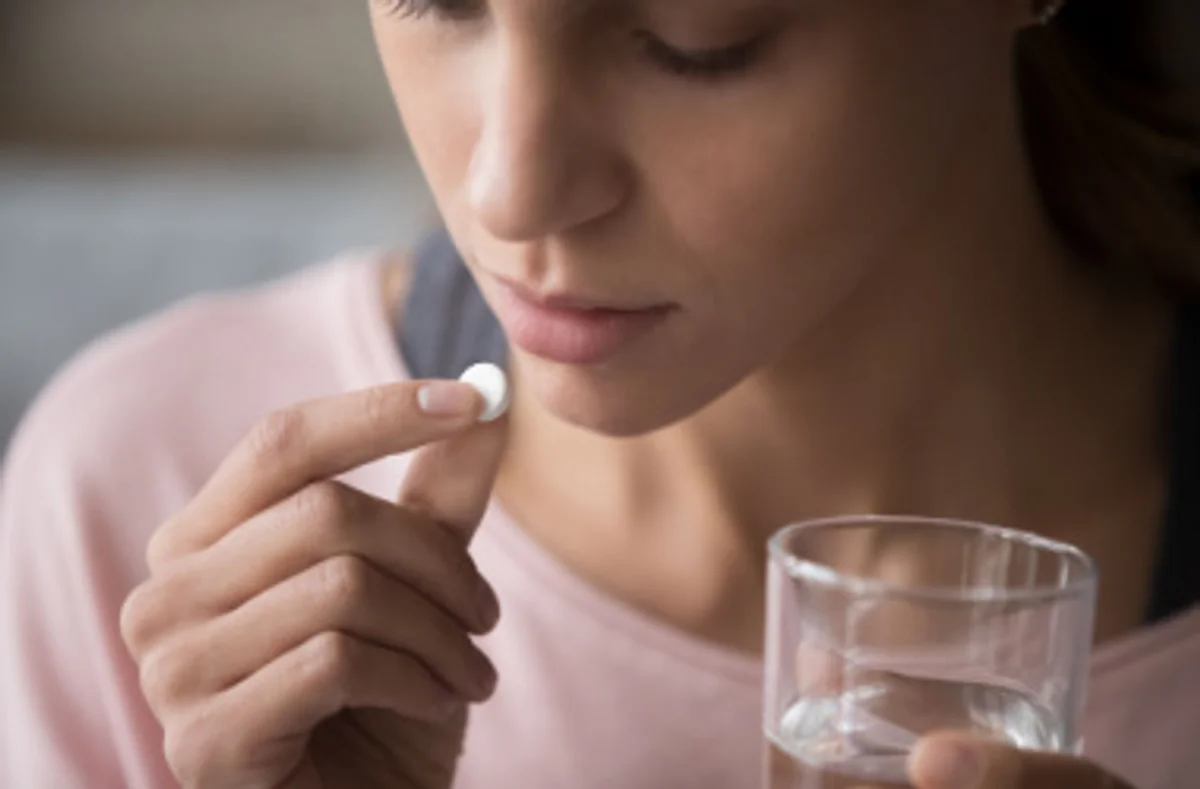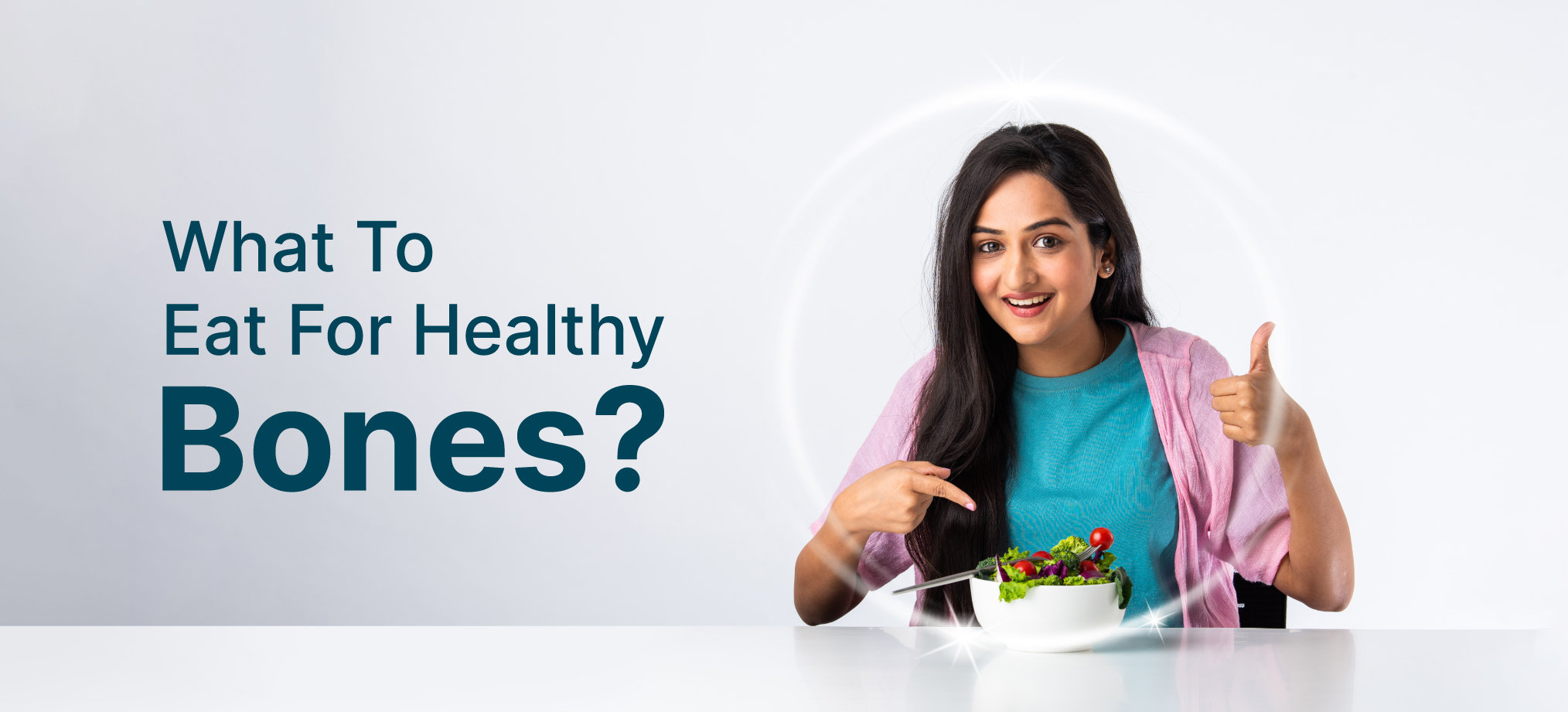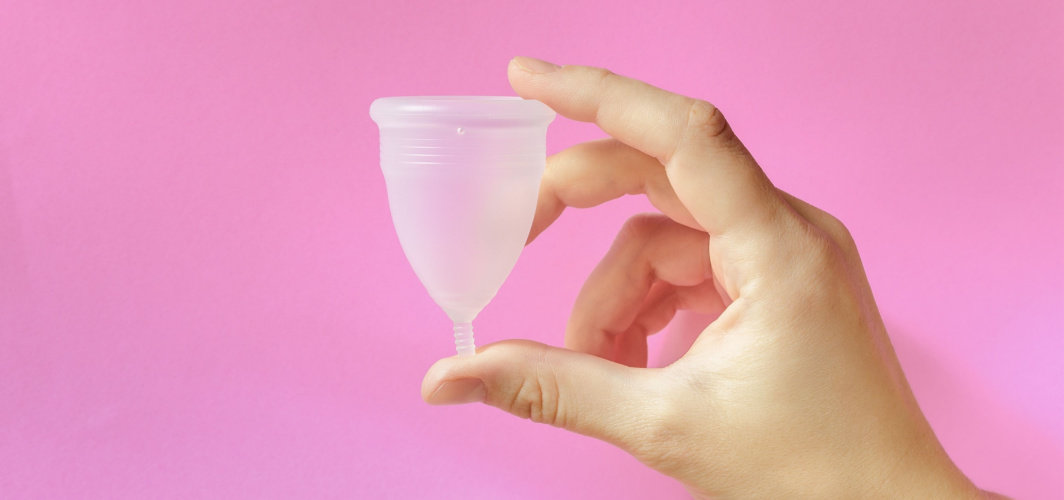- Home
- Blog
- Women Care
Multivitamins For Working Women: Why Are These A Necessity?
Women Care
Multivitamins For Working Women: Why Are These A Necessity?
By Apollo 24|7, Published on- 09 November 2022
Share this article
0
0 like

A woman’s body undergoes several changes throughout her lifetime. From changes in dietary demands during menstruation to pregnancy and menopause, they need to eat a healthy balanced diet packed with nutrients. However, women today lead hectic lifestyles as they multitask to manage both their professional and personal lives.
Busy routines often make it difficult for them to eat healthy, resulting in nutritional deficiencies. This affects their health and overall well-being, pausing the pace of their life. This is when multivitamin supplements come to the rescue.
How Do Multivitamins Support Working Women?
Working women do not have the luxury of eating a healthy, nutritious, balanced diet daily. This puts them at risk for fatigue, poor immunity and chronic illnesses. Multivitamins are nutritional supplements comprising different minerals and vitamins that ensure one gets their daily recommended dosage of these nutrients.
Here’s how multivitamins help working women:
- Energise: B vitamins, including B1, B2, B3, B5, B6 and B12, keep women fuelled throughout the day and lower their risk of high blood pressure, stroke, and cancer risk. These vitamins give working women the energy they need to get by their day.
- Copes with hormonal changes: Hormonal changes like reduced estrogen levels make women susceptible to vitamin D deficiency, leading to bone loss and increased risk for fractures. Eating foods rich in vitamin D is important while taking multivitamins during the day.
- Help vegetarians and vegans: Vegan or vegetarian women often experience a deficiency in nutrients like proteins and folate. Multivitamin supplements are a great way to get their daily dosage of essential nutrients.
What Nutrients Do Multivitamins Contain?
Now that you know why multivitamins are essential for working women, some of the best multivitamins for women contain the following nutrients:
1. Iron
Iron helps carry oxygen in the blood. Women need to get an adequate amount of iron to support their body’s needs, especially during menstruation and pregnancy.
2. Folic Acid
Folic acid is a water-soluble vitamin required for blood formation. It is particularly important for pregnant women as it helps prevent congenital disabilities like neural tube defects in unborn babies.
3. Calcium
Calcium is a vital mineral for women as they are more prone to osteoporosis. Women must ensure they get enough calcium from their diet or supplements to prevent bone loss. Most multivitamins contain calcium as an essential nutrient.
4. Vitamin D
Vitamin D aids calcium absorption and is essential for bone health. Though our body can make vitamin D on exposure to the sun, taking it via multivitamins can prevent deficiency.
5. Vitamin E
Vitamin E is an antioxidant that helps protect cells from damage. It has also been linked to a lower risk of heart disease and certain cancers. Since many women do not get enough vitamin E from their diet, taking multivitamins is helpful for them.
Multivitamins are an easy and convenient way to get all the nutrients the body requires. Working women often skip meals or do not get the nutrients due to their hectic lifestyles. If this is you, get a consultation with our specialists at Apollo 24|7 to learn more about your nutrient status and the best multivitamin tablets.
Consult An Apollo Gynaecologist
Medically reviewed by Dr Sonia Bhatt.
Services
Women Care
Leave Comment
Services
Recommended for you

Women Care
Extremely Painful Periods? These Can be The Problems!
While experiencing a little discomfort and pain during periods is completely normal, too much pain can be a sign of something serious. If you feel severe pain during periods every month, then it’s important to see a gynaecologist at the earliest.

Women Care
7 Foods for Strong Bones and Joints in Women
Owing to women's higher susceptibility to osteoporosis than men's, it is essential for them to maintain good bone and joint health. This can be achieved by adding foods that are rich in nutrients like calcium, vitamin D and magnesium to the daily diet.

Women Care
How To Use A Menstrual Cup?
Menstrual cups are extremely safe and sustainable. Though there is a prevailing fear among females regarding the usage of the product, the process of inserting, cleaning, and reusing it is actually quite easy. It is time that you shift to a zero-waste period and choose menstrual cups.
Subscribe
Sign up for our free Health Library Daily Newsletter
Get doctor-approved health tips, news, and more.

